Published
8 months agoon
By
Adubianews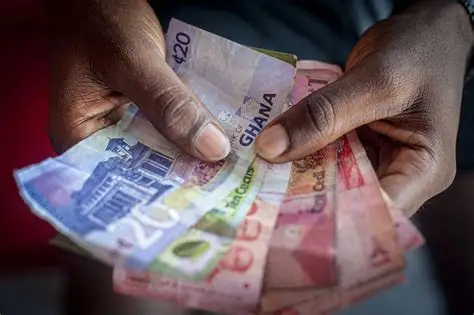
Ghana’s economy may look like it’s bouncing back on paper, but ordinary citizens are yet to feel the change in their everyday lives. That’s the caution from Professor Patrick Asuming, an economist and lecturer at the University of Ghana Business School.
Speaking on JoyNews’ PM Express Business Edition, Prof. Asuming advised against celebrating too early based on recent improvements in macroeconomic figures, especially when many Ghanaians are still battling high living costs.
“The financial and monetary side of the economy has improved, but the real economy—the part that affects daily life—is still lagging,” he said. “There’s a clear disconnect between what the numbers show and what people are actually experiencing.”
He noted that although inflation is falling and the Producer Price Index (PPI) has dropped from 18% to 10%, it doesn’t mean prices are decreasing. “Prices are still rising, just not as fast. That doesn’t mean things are cheaper,” he explained.
Prof. Asuming acknowledged the progress made in stabilising the cedi, increasing foreign reserves, and reducing Treasury bill rates. However, he warned that these financial gains haven’t translated into real relief for households and businesses.
“The currency may be stronger, but tariffs are rising, wages aren’t improving, and local production costs keep going up,” he said.
He credited the government for acting swiftly to restore fiscal stability, aided by favorable global prices for Ghana’s exports. Yet, he pointed out that the broader economy remains fragile.
“The GDP numbers for the first quarter of 2025 may look strong, but a closer look shows that five out of 20 sub-sectors actually declined. The overall figure hides these weaknesses,” he said.
Prof. Asuming urged policymakers and the public to avoid being misled by headline numbers. “A drop in inflation doesn’t mean prices are going down. And just because the economy looks better on paper doesn’t mean people are doing better,” he stated.
He concluded by emphasizing the need to bridge the gap between financial recovery and real improvements in people’s lives. “Until the real economy catches up, Ghanaians will keep feeling that the recovery exists only on paper, not in their pockets.”
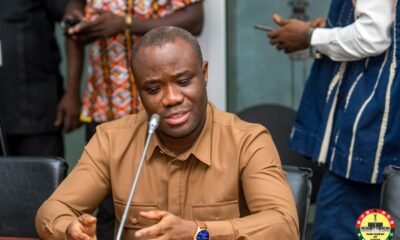

Felix Kwakye Ofosu Slams Minority, Says Government Inherited a ‘Borla Economy’
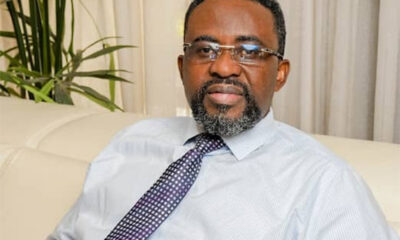

BoG Cracks Down on Huge Dollar Withdrawals to Protect Ghana’s Economy
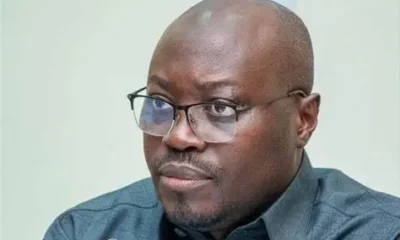

World Bank Report: Ghana’s Economy Grew 5.7% In 2024 But Faces Fiscal Risks Ahead
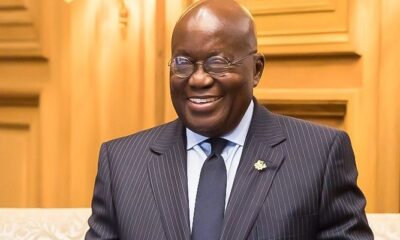

Goaso Market Woman Laments High Prices, Says Life Was Better Under Akufo-Addo
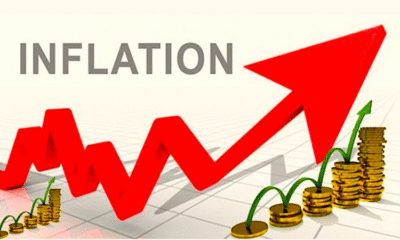

Prof. Asuming: Inflation Drops, But Prices Keep Rising


“Stability Is Not Forever” – Seth Terkper Flags Potential Economic Threats

























